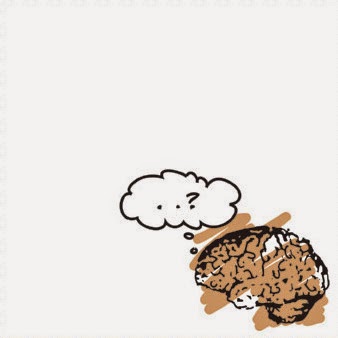The Use of Physical Exercise to Reduce Symptoms of ADHD

Written by: Amelia Kelley, PhD, MS, LPC Many people with ADHD find it hard to manage their symptoms of brain fog, forgetfulness, distractibility and physical agitation. Most want to know how to manage their symptoms and, some would like to do this without medication. The HIIT for ADHD Program discussed below has been researched and proven to help reduce ADHD symptoms and improve general wellbeing and focus. Scott, 35-year-old male who suffers from adult ADHD was excited when he tried this program and told his wife, “I feel more awake and alive then I have in years. Even more then when I tried ADHD medication last year!” How did Scott find this alert, excited feeling that helped him become more focused without using medication? He found it by using a home-based, exercise program using high-intensity interval training (HIIT) that he easily accessed on a free website and only had to commit a few minutes a day to completing. To truly under...






